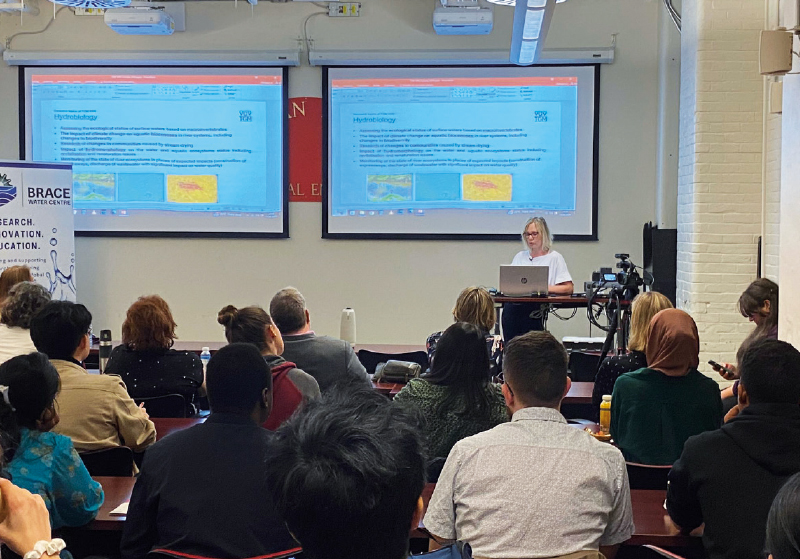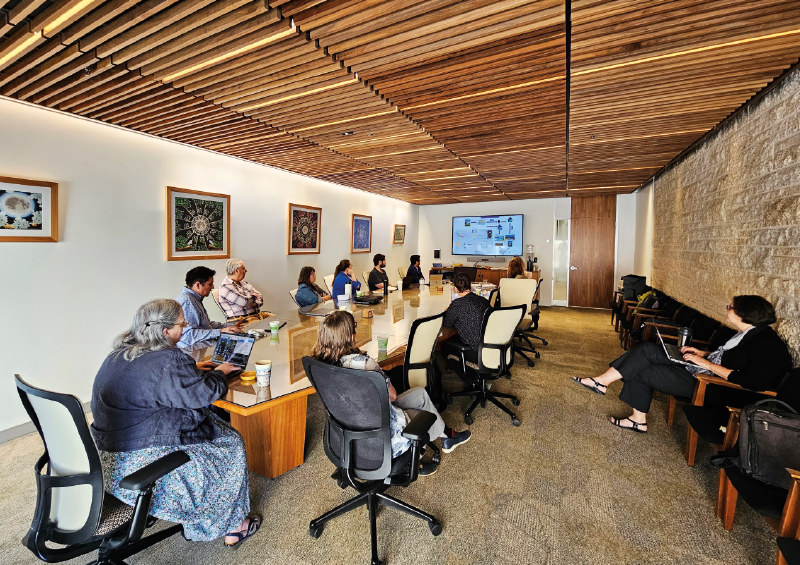Between 10th and 16th June 2024, Mgr. Kateřina Sovová, Ph.D., TGM WRI, and Ing. Pavla Fojtíková, Ph.D., the University of South Bohemia, visited Canada to liaise over water quality issues, wastewater monitoring, and toxicity research. This event was implemented with the support of the Ministry of Foreign Affairs. Its main goal was to deepen cooperation in the field of UN Sustainable Development Goal 6 (SDG 6).
Canada is engaged in extensive water research in all its key aspects. It places major emphasis on sustainability, also from the point of view of water management and monitoring contamination, as well as on the support of Indigenous peoples, whose communities often face limited access to clean and potable water. This is also why SDG 6, focused on the availability of water and sanitation facilities and their sustainable management, is among its priorities [2].
The visit, coordinated by the Czech consulate offices in Ottawa and Toronto, included a programme in Montreal and Winnipeg, specifically at McGill University and the University of Manitoba.
In Montreal, a visit and meeting took place at the Brace Water Centre at McGill University. McGill University is one of Canada’s top-ranked and most comprehensive, research-intensive universities. The Brace Water Centre brings together staff from several faculties working in the field of water resources management, both in Canada and internationally. The visit also included a tour of the laboratories of the Department of Civil Engineering and a meeting with professors Frigon, Gaskin, and Loeb as well as students who presented their research activities in the areas of wastewater surveillance, antimicrobial resistance, eliminating As from drinking water, recovering P from sludge, photocatalytic remediation, and microbial indicators [3].

Fig. 1. Montreal
Lectures of both our researchers on the topics of water quality, wastewater, and toxicity made it possible to share information about key Czech institutions active in the field of water environment research and research projects, as well as to offer opportunities for further cooperation. A lecture by Mgr. Kateřina Sovová, Ph.D. focused on monitoring the occurrence of infectious agents through wastewater analysis (including SARS-CoV-2 monitoring) and the occurrence of antimicrobial resistance in the aquatic environment. Ing. Pavla Fojtíková, Ph.D. reported on research in the field of toxicity and degradation of pharmaceuticals [1–3].
In Winnipeg, a visit to the University of Manitoba took place. It is a leading research institution in areas such as the aquatic environment and agriculture. This university is an SDG 6 hub in North America. As part of the visit, there was an expert lecture by Czech researchers and a round table with experts focused on SDG 6 research (Dr. Sparling, Dr. Uyaguari Diaz, Dr. Klymiuk, Dr. Perry, Dr. Palmer, Dr. Bay, Dr. Becker, Dr. Farenhorst, Dr. Kumar) as well as a visit to the laboratories in the Richardson Centre for Food Technology and Research, Price Faculty of Engineering, and the Faculty of Science. At the Faculty, research was presented regarding the determination of pesticides and other substances in food products, testing of technologies for wastewater treatment and removing P and N from sludge, the issue of efflux pumps in acinetobacters, water quality, determination of selected pathogens, resistance genes, microbial communities and resistome in different types of water, also in relation to the Indigenous people of Canada. The Czech delegation also visited a wastewater treatment plant in Winnipeg, where the University of Manitoba is conducting research focused mainly on the quality of discharged wastewater [2, 4].
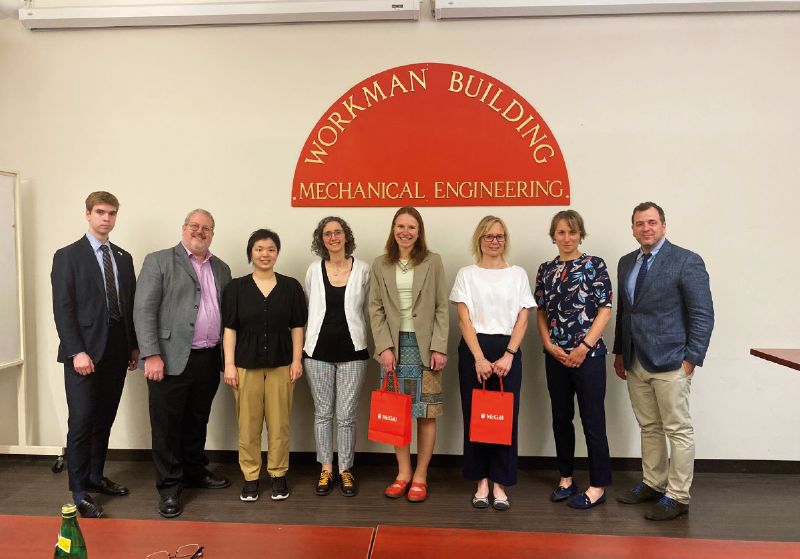
Fig. 2. Visit to McGill University
Fig. 3. Lecture at McGill University
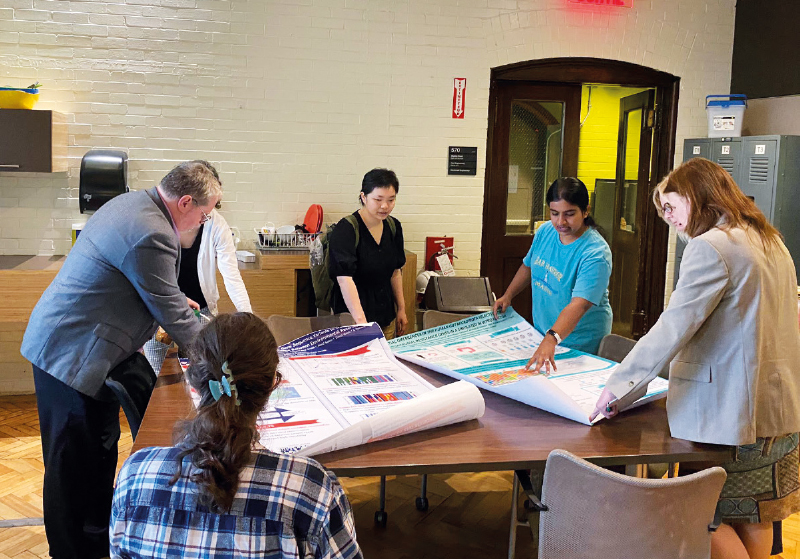
Fig. 4. Acquaintance with students’ work
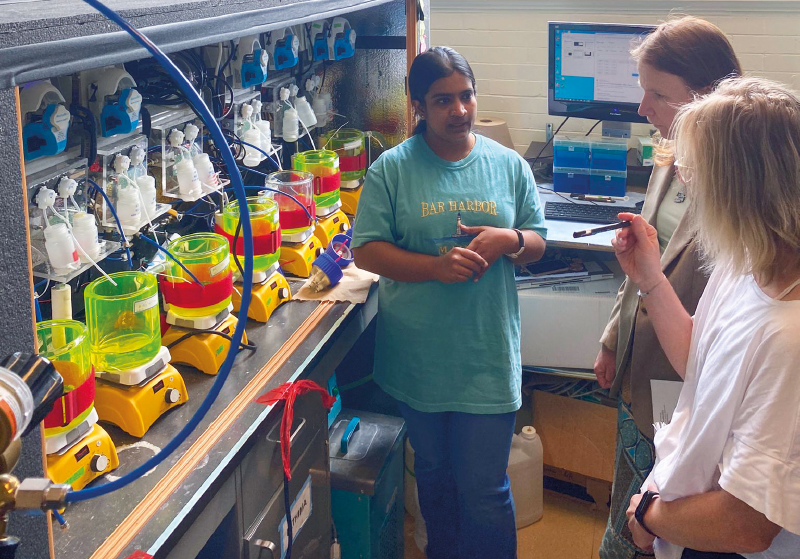
Fig. 5. Tour of laboratories at McGill University
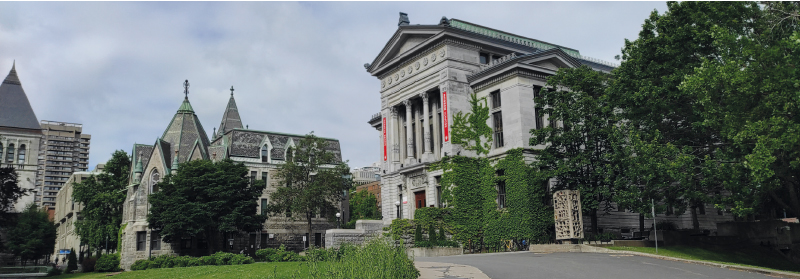
Fig. 6. McGill University
During the visit to Canada, possible opportunities for cooperation were also discussed, including the mobility of students and researchers and possible joint research projects. Canada’s participation in the Horizon Europe programme [2] offers a significant opportunity.
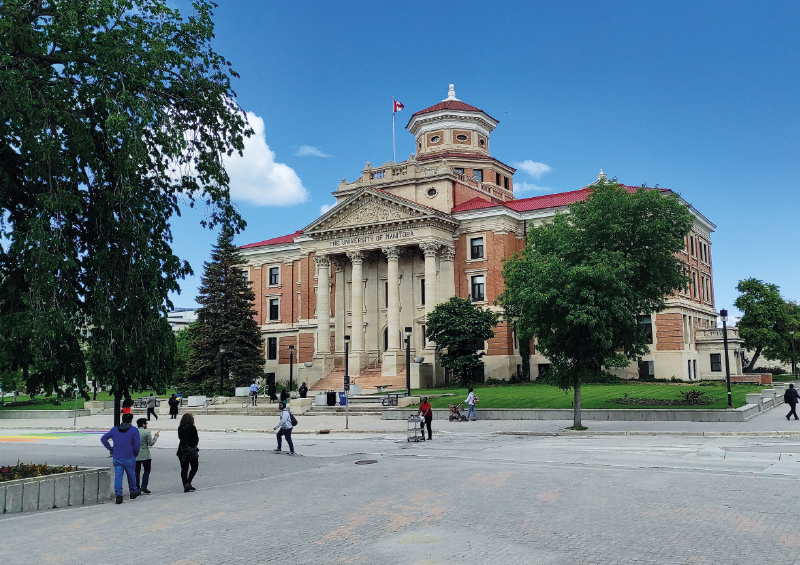
Fig. 7. University of Manitoba
Fig. 8. Round table at the University of Manitoba
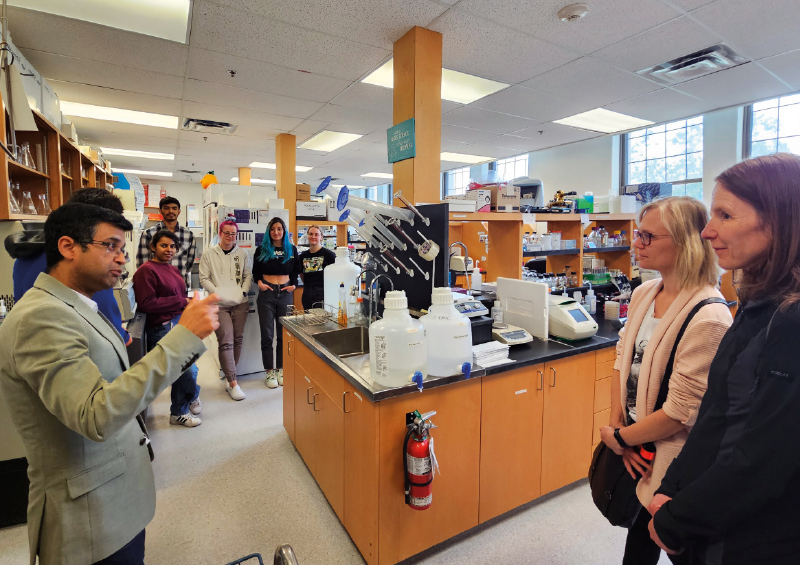
Fig. 9. Tour of microbiology laboratories at the University of Manitoba
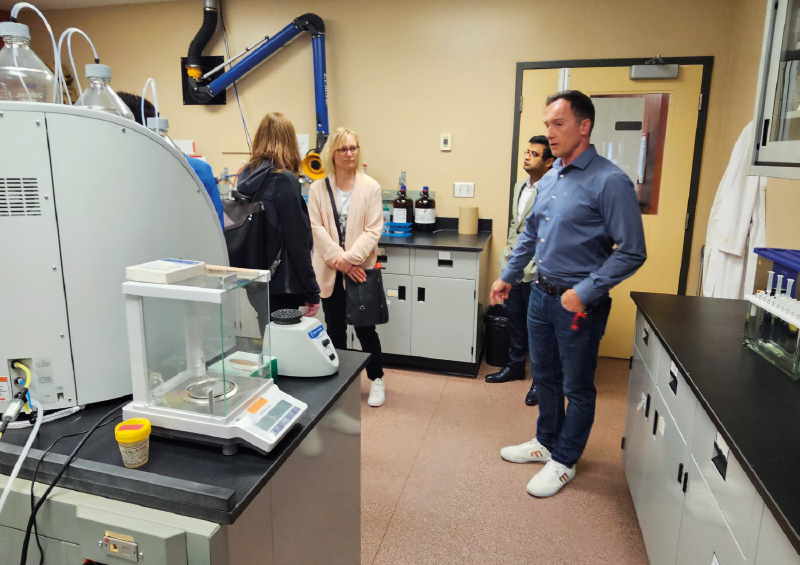
Fig. 10. Tour of the laboratories of the Richardson Centre for Food Technology and Research
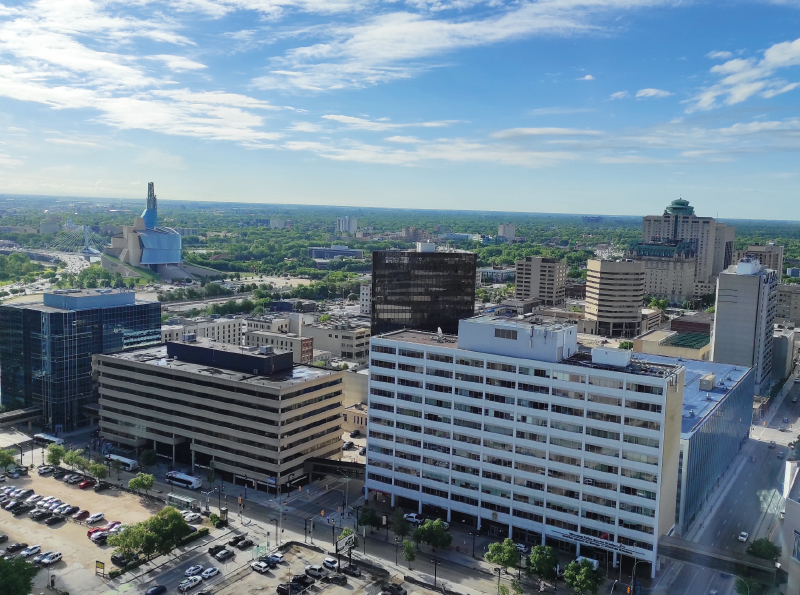
Fig. 11. Winnipeg
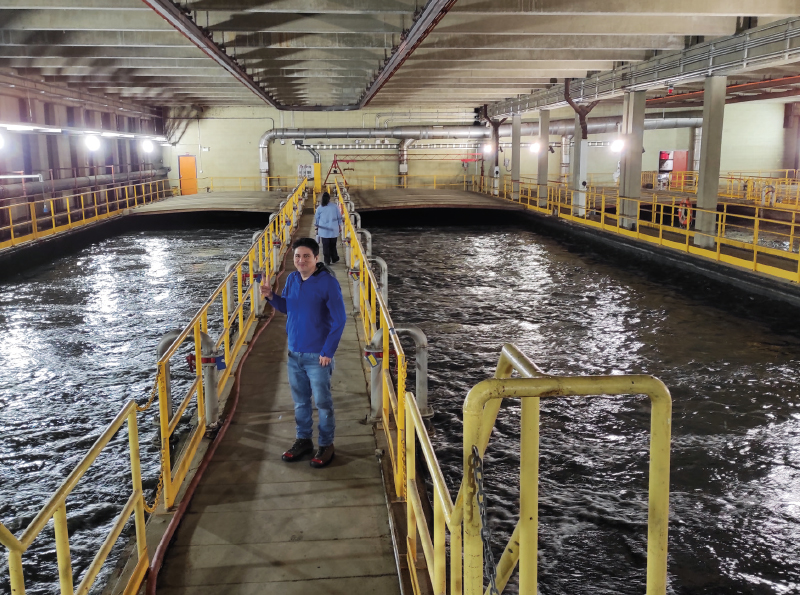
Fig. 12. Visit to a WWTP in Winnipeg (NEWPCC)

Fig. 13. Niagara Falls
Photo sources:
K. Sovová
E. Libs Bartoňová
J. Kubačka
This informative article has not been peer-reviewed.
